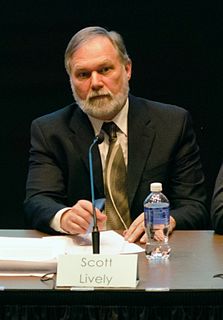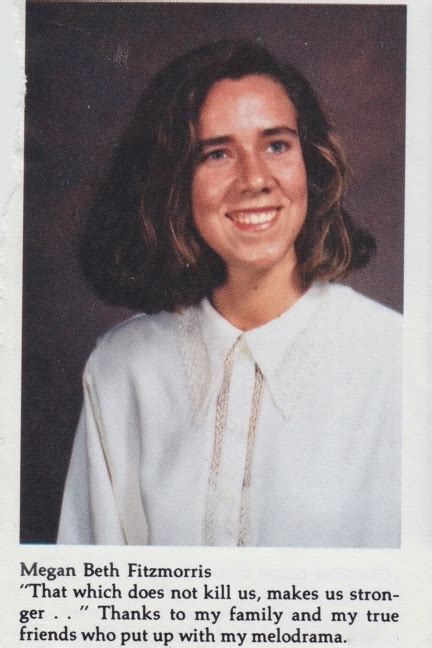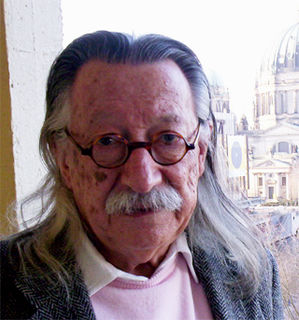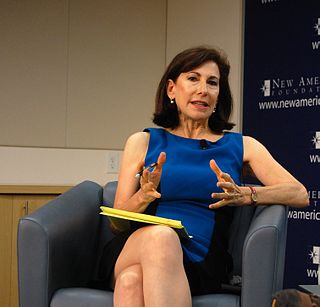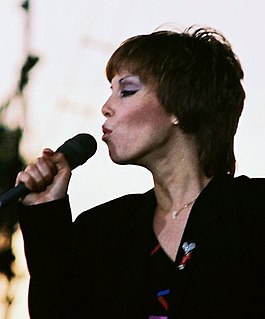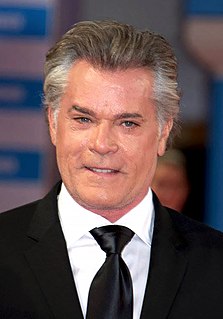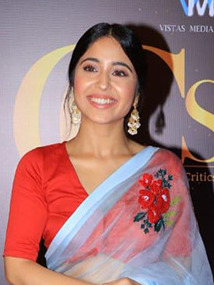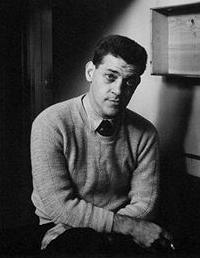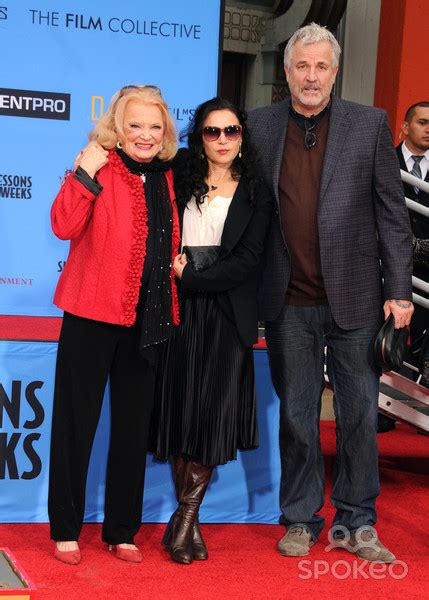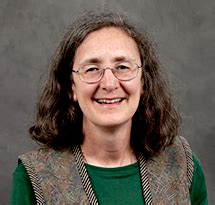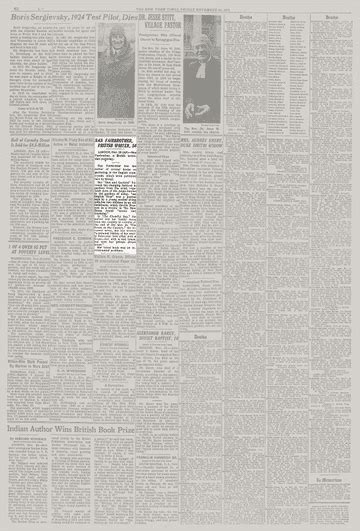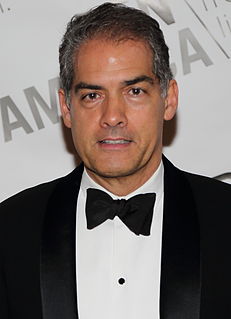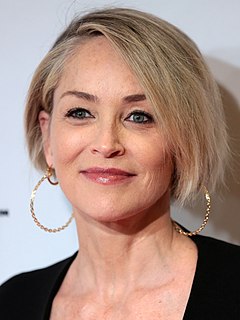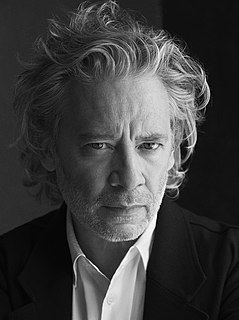Top 1200 Adult Children Quotes & Sayings
Explore popular Adult Children quotes.
Last updated on November 5, 2024.
Women without children are also the best of mothers,often, with the patience,interest, and saving grace that the constant relationship with children cannot always sustain. I come to crave our talk and our daughters gain precious aunts. Women who are not mothering their own children have the clarity and focus to see deeply into the character of children webbed by family. A child is fortuante who feels witnessed as a peron,outside relationships with parents by another adult.
Games are a trigger for adults to again become primitive, primal, as a way of thinking and remembering. An adult is a child who has more ethics and morals, that's all. I am not creating a game. I am in the game. The game is not for children, it is for me. It is for an adult who still has a character of a child.
The new concept of the child as equal and the new integration of children into adult life has helped bring about a gradual but certain erosion of these boundaries that once separated the world of children from the word of adults, boundaries that allowed adults to treat children differently than they treated other adults because they understood that children are different.
One of the most significant effects of age-segregation in our society has been the isolation of children from the world of work. Whereas in the past children not only saw what their parents did for a living but even shared substantially in the task, many children nowadays have only a vague notion of the nature of the parent's job, and have had little or no opportunity to observe the parent, or for that matter any other adult, when he is fully engaged in his work.
A long time ago, there was no such thing as school, and children spent their days learning a trade, a phrase which here means "standing around doing tedious tasks under the instruction of a bossy adult." In time, however, people realized that the children could be allowed to sit, and the first school was invented.
I have been criticized throughout the course of my career for placing too much faith in the reliability of children's narratives; but I have almost always found that children are a great deal more reliable in telling us what actually goes on in public school than many of the adult experts who develop policies that shape their destinies.
Young children are unlikely to have their self-esteem strengthened from excessive praise or flattery. On the contrary, it may raise some doubts in children; many children can see through flattery and may even dismiss an adult who heaps on praise as a poor source of support-one who is not very believable.
I like reading books about kids where there weren't really many adults, where they didn't need an adult to come and solve the problems for them. They could use their own ingenuity, use their own talents to solve whatever the issue was. And I like that still. I think that children want to read about heroic children. They don't want to read about children that have to be saved all the time.
I think it's almost necessary for most people to have the freedom to pull back, and then re-enter at an adult level, where they are neither playing the victim nor creating victims, but just participating in calm, adult behavior. Because an awful lot of churches just aren't there at adult Christianity, this seems to be the norm anymore.
I don't change the language for children books. I don't make the language simpler. I use words that they might have to look up in the dictionary. The books are shorter, but there's just not that much difference other than that to be honest. And the funny thing is, I have adult writer friends [to whom I would say], "Would you think of writing a children's book?" and they go, "No, God, I wouldn't know how." They're quite intimidated by the concept of it. And when I say to children's books writers, would they write an adult book, they say no because they think they're too good for it.
I think so much of young adult literature sort of gets ghettoized - the title 'young adult' makes people immediately discount it. And just like with books that get written for adults, there is plenty of young adult literature that is bad. But there is also plenty of young adult literature that is brilliant.
I've published over 100 books - and that is divided about 50/50 adult and young adult. Lately, I have been writing more YA, which is such a great genre to write it. I don't have a favourite (I usually say it's the last book I've written), but certain books do stick in the mind. My very first YA novel, The Children of Lir, will always be special to me, and, of course The Alchemyst because it was a series I'd wanted to write for ages.
Many adult bullies hide behind the idea that bullying happens only among children. They conceive of themselves as adults who know better and are offering their hard-earned wisdom to others. The Internet makes that sort of certainty easier to attain: looking at their screens, adult bullies rarely see the impact of their words and actions.
He wove those three threads into a talk ranging from annually spending a week at Halloween as a child collecting candy to giving candy to hundreds of children at Halloween as an adult; from childhood assistance he received from adults, particularly after his parents divorced, to saying I challenge you to be a caring adult in someone's life ... Great times call forth great leaders.
With grown children, we can look back at both our mistakes and what we did well in our parenting, having conversations with a greater degree of honesty than was possible before. In getting older themselves, our adult children may begin to comprehend the burdens and strengths we carried from our own parents.
I liked myths. They weren't adult stories and they weren't children stories. They were better than that. They just were. Adult stories never made sense, and they were slow to start. They made me feel like there were secrets, Masonic, mythic secrets, to adulthood. Why didn't adults want to read about Narnia, about secret islands and smugglers and dangerous fairies?
Attaching the word marriage to the association of same-sex individuals mistakenly presumes that marriage is principally a matter of adult benefits and adult rights. In fact, marriage is principally about the nurturing and development of children. And the successful development of children is critical to the preservation and success of our nation.
When I went to medical school, I was taught about two basic kinds of diabetes: juvenile onset and adult onset. From the time I did my training in medical school to the end of my residency we were already seeing the transformation of adult onset diabetes into Type II, which is what we call it now, which from my perspective is a euphemism we have draped over this condition to conceal the fact that what was a chronic disease in midlife is now epidemic in children. Frankly, Type II diabetes in a seven year old is adult onset diabetes. We just don't want to confront that unpleasant fact.
Children have a remarkable talent for not taking the adult world with the kind of respect we are so confident it ought to be given. To the irritation of authority figures of all sorts, children expend considerable energy in "clowning around." They refuse to appreciate the gravity of our monumental concerns, while we forget that if we were to become more like children our concerns might not be so monumental.
I always looked forward to being an adult, because I thought the adult world was, well—adult. That adults weren’t cliquey or nasty, that the whole notion of being cool, or in, or popular would case to be the arbiter of all things social, but I was beginning to realize that the adult world was as nonsensically brutal and socially perilous as the kingdom of childhood.






